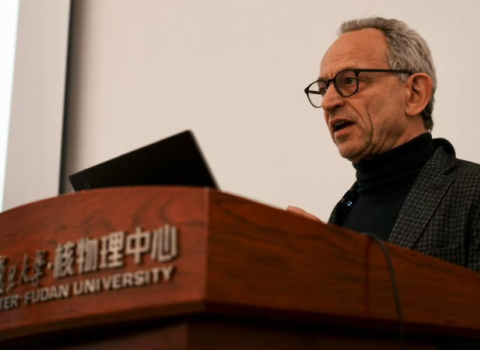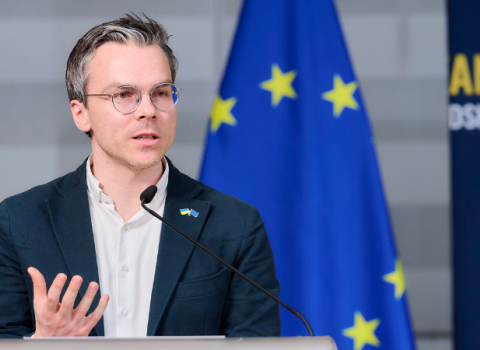Moves to ramp up security should not interfere with international collaboration, Commission told as it drafts recommendations for tackling foreign interference

EU’s upcoming recommendations for tackling foreign interference in research must walk a fine line between protecting security and enabling international collaboration, research and technology organisations say.
The recommendations should aim to raising awareness, provide additional training and offer guidance in grey areas regarding threats to research security, EARTO recommends in statement.
This is a response to the European Commission’s call for comments on what the EU should do to improve research security around the bloc.
The upcoming proposal, on which the Commission gathered feedback in December, signals the EU is further pulling back from the mantra of openness, as geopolitical tensions ramp up. The proposal will likely put more weight on the latter half of its ‘as open as possible, as closed as necessary’ principle for research collaboration.
In its statement, EARTO stresses the lack of a common understanding across the EU on what constitutes sensitive research and innovation, with each member state having its own criteria and approach. This has led to a fragmented framework across the bloc, which EU-level guidance is need to remedy.
To create a common framework, the association urges member states to explore common certification, look into how data are treated, exchange best security practices and compare national methodologies, including on questions such as what counts as a dual-use technology.
There is also a need to assess the security of all types of research, including fundamental research, which can be overlooked due to being seen as lower risk. “Accordingly, instead of focusing on academic freedom, ‘ethics in research’ should be the focus and safeguarded to avoid undue pressures and foreign interference,” EARTO says.
At EU level, there is a call for four key actions: awareness raising programmes; a review of practices within the EU’s Horizon Europe research programme; a voluntary training programme leading to certification for research organisations; and a new platform for knowledge exchange that could bring together governments, their agencies, the private sector, research organisations and academia.
The Commission aims to publish its proposal for recommendations on research security in the first quarter of 2024.
The recommendations will complement a growing body of guidelines on the EU’s joint approach to global research cooperation. Amid growing political tensions, the Commission first proposed a new framework for international cooperation in 2021. A year later, it published its first guidelines on foreign interference.





 A unique international forum for public research organisations and companies to connect their external engagement with strategic interests around their R&D system.
A unique international forum for public research organisations and companies to connect their external engagement with strategic interests around their R&D system.